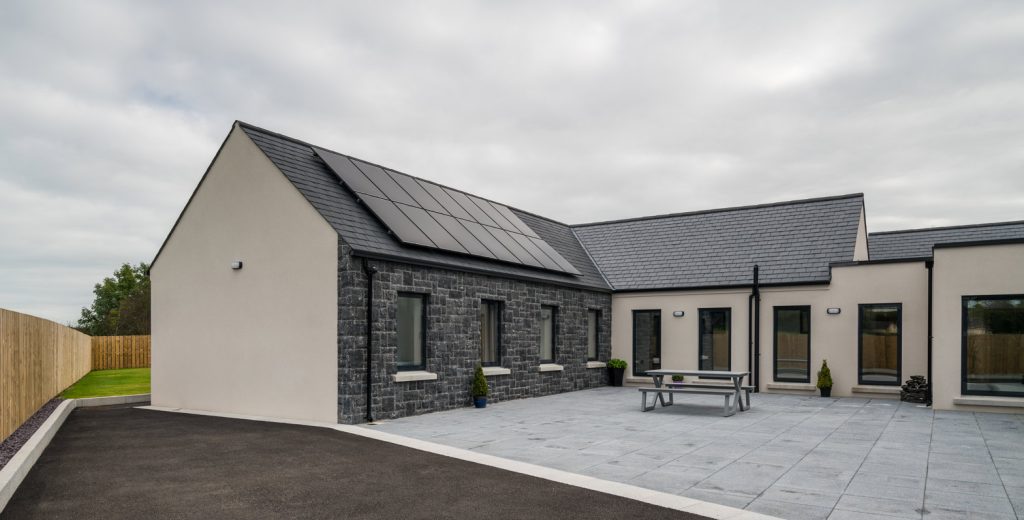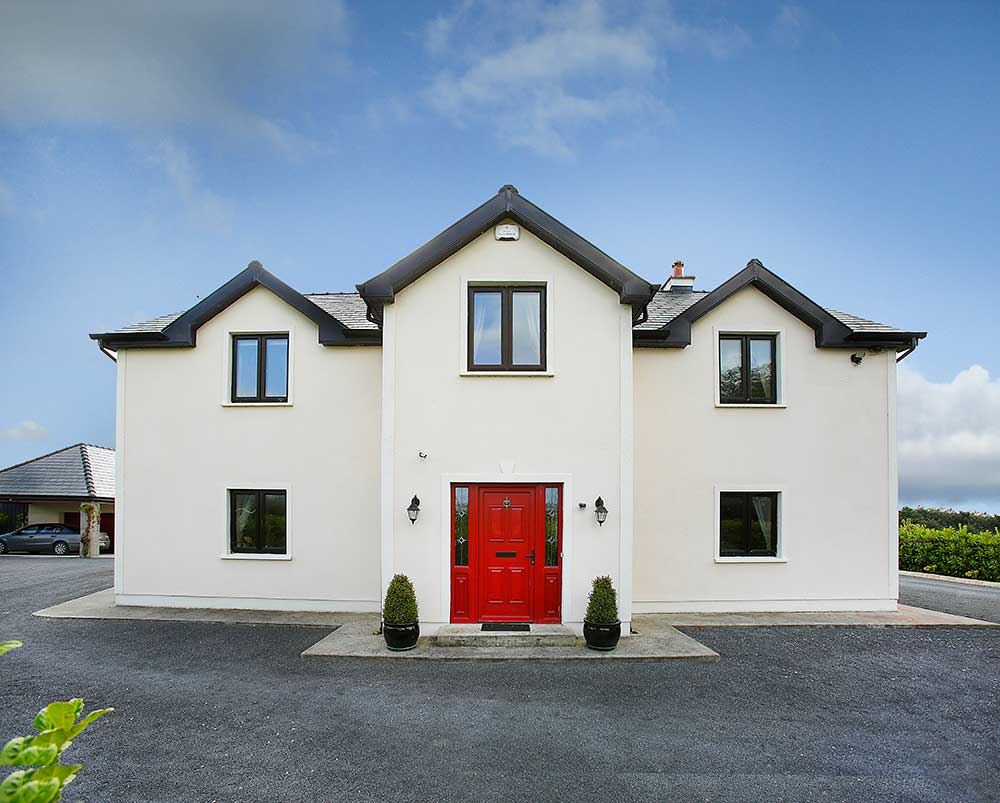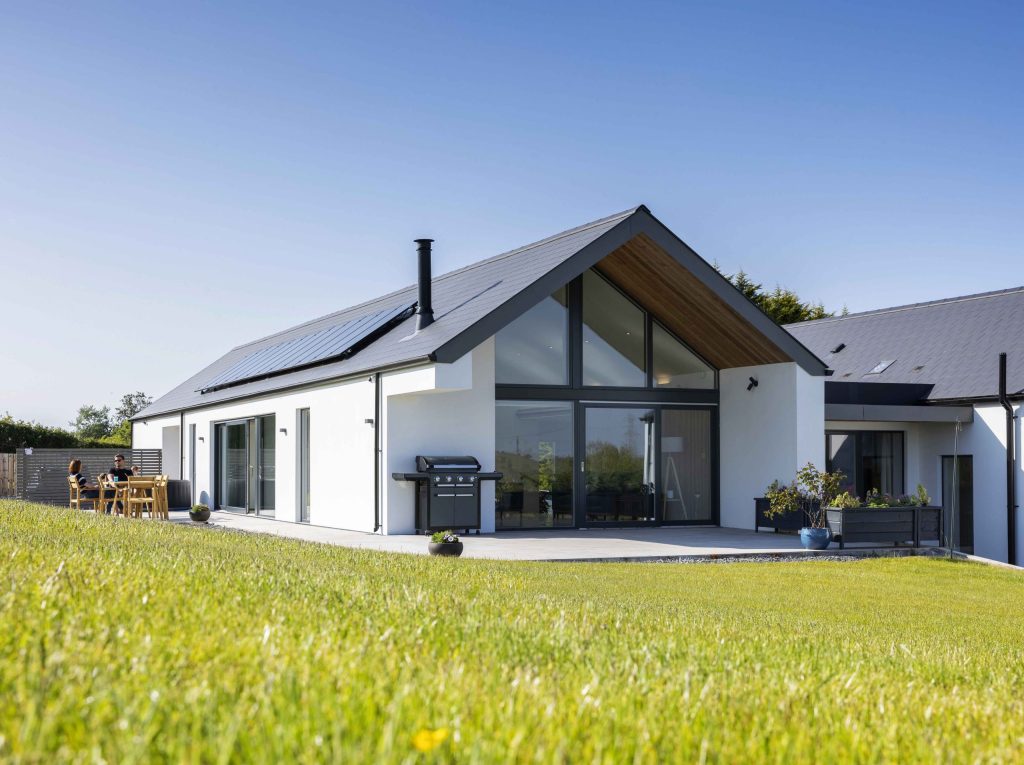Are you dreaming of building your own home or extending your existing property? Embarking on such a journey can be both exciting and daunting. It’s a significant undertaking that involves careful planning, budgeting, and adherence to various regulations. .
The Budget: Knowing Your Financial Landscape
Estimating Costs
Before you dive into your self-build or extension project, it’s crucial to have a clear understanding of your budget. Knowing how much you can afford is the foundation of your entire endeavour. Here are some key considerations:
1. Elements that Impact Your Budget
Several factors can impact your budget, including materials, labor, design complexity, and unexpected surprises during construction. Be prepared for contingencies.
2. Financing Options
Understanding your financing options is essential. Whether it’s through savings, a mortgage, or a combination of sources, make sure you have a financial plan in place.
3. Differences in NI and ROI
Keep in mind that the financial landscape can differ between Northern Ireland and the Republic of Ireland. Research and understand the specific regulations and incentives that apply to your region.

Insurance and Warranties
Protecting your investment is paramount. Consider the following:
1. Insurance Coverage
Ensure you have adequate insurance coverage for your project. This includes both liability insurance and builder’s risk insurance to protect against unforeseen events.
2. Warranties
Explore warranties for materials and workmanship. Having warranties in place can provide peace of mind in case issues arise after construction is completed.
Grants and Tax Breaks
While grants and tax breaks can be beneficial, it’s essential to know that they are primarily available for renovations, not new builds. However, in NI, new builds are VAT exempt. Investigate any available incentives that may apply to your project.

The Site: Finding Your Perfect Location
Land Acquisition
Finding the right plot of land is a critical first step in your self-build journey. Keep these factors in mind:
1. Stamp Duty
Stamp duty is a tax paid on land purchases in both ROI and NI. Understand the implications of this tax when buying your plot.
Extensions: Potential Pitfalls
If you’re planning an extension, there are additional considerations:
1. Local Regulations
Check with your local authorities about any restrictions or regulations that may affect your extension plans. Compliance is essential to avoid legal issues.
The Design: Blueprint for Success
Choosing the Right Designer
Your project’s success depends largely on the quality of your design. Here’s how to get started:
1. Finding a Designer
Look for experienced and reputable architects or designers who specialise in residential projects. Their expertise is invaluable.
Tailoring Design to Location
Creating a design that harmonises with its surroundings is essential. Consider these factors:
1. Location Features
Take advantage of scenic views, but also consider factors like prevailing winds, shading from vegetation, and sun paths when designing your home.
Building Method and Energy Efficiency
Your choice of building method and energy efficiency strategy plays a significant role:
1. Indoor Air Quality
Choose materials and methods that prioritise indoor air quality, ensuring a healthy living environment for you and your family.
2. Energy Efficiency
Invest in energy-efficient solutions for heating, cooling, and insulation. This not only reduces environmental impact but also lowers long-term running costs.

The Execution: Bringing Your Vision to Life
Building Regulations and Safety
To ensure a safe and compliant project, adhere to the following guidelines:
1. Building Regulations
Familiarise yourself with the Building Regulations that apply to your region, as they may differ between NI and ROI. Compliance is non-negotiable.
2. Health & Safety
Prioritise health and safety during construction. Appoint a competent person or team to oversee safety measures on-site.
Building Control
Understanding the nuances of building control is essential:
1. Differences in NI and ROI
Be aware that building control processes may vary between Northern Ireland and the Republic of Ireland. Know the requirements in your specific location.

Project Management
Selecting a competent project manager is crucial:
1. Role of a Project Manager
A project manager will oversee the construction process, ensuring that it stays on schedule and within budget. Choose someone with a strong track record in managing similar projects.
Unique Challenges
While the building stages for new builds and extensions share similarities, each project is unique:
1. Project-Specific Challenges
Anticipate and address any project-specific challenges that may arise during construction. Adaptability and problem-solving skills are essential.
Embarking on a self-build or extension project is an exciting opportunity to create your dream home. However, it requires meticulous planning, financial preparedness, and a thorough understanding of local regulations. Remember, with the right preparation and a clear vision, your dream home can become a reality.




